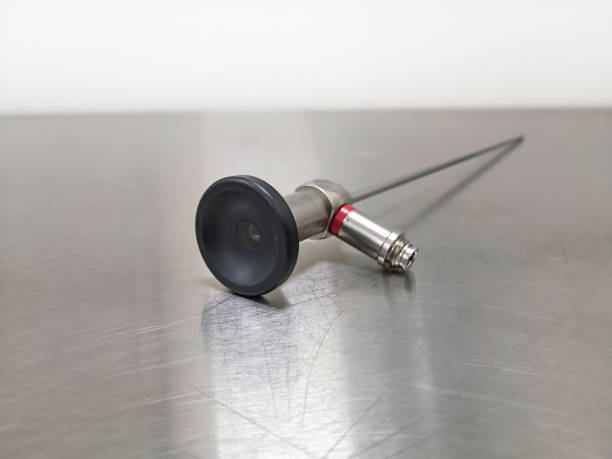What Is Rigid Sigmoidoscopy?
What You Should Know
A rigid sigmoidoscopy is an examination of the rectum and sigmoid colon. The bottom section of your intestines closest to your rectum is known as the sigmoid colon. In your rectum, a sigmoidoscope will be placed. This is a sturdy tube with a light and a small camera attached to the end. During the process, a monitor displays images of your colon. A rigid sigmoidoscopy can be used to identify colon disorders, inflammation, polyps (growths), and infections.
How to Get Ready
Before your procedure, do the following preparations:
- How to prepare will be determined by your healthcare practitioner. Make arrangements for someone to drive you home following the surgery.
- Tell your doctor whether you've ever had a sigmoidoscopy, barium enema, or colonoscopy and when you had it.
- Tell your doctor about all of the medications you're taking right now. He or she will inform you whether and when you should stop taking any medications for this surgery. On the day of the procedure, he or she will advise you which medications to take or not take.
- Blood, urine, or bowel movement tests may be required.
- If you're pregnant or have any other medical concerns, such as severe bowel inflammation or renal difficulties, tell your doctor. Certain medications used to clear your colon may be harmful to your health.
You may be instructed not to eat or drink anything after midnight the night before your treatment.
On the day of your operation, make the following preparations:
- You or a close relative will be asked to sign a permission form, which is a legal document. It authorizes healthcare practitioners to perform the operation or surgery. It also describes the issues that may arise, as well as your options. Before you sign this form, double-check that all of your questions have been addressed.
- Before your operation, make sure your bowels are empty. This allows your doctor to see the interior of your colon more clearly. You could require a laxative. This is a medication that aids with bowel movement. You could also require an enema. This is a liquid that is put into your rectum in order to cleanse your bowels.
- Only take the medications that your doctor has prescribed. Take your medications with a few tiny sips of water if necessary.
- An IV may be inserted into your vein by healthcare practitioners. Through the IV, you may be given beverages or drugs.
- For this treatment, you may be given medication to help you relax.
What Will Occur
- You'll be instructed to lay on your left side with one or both legs up to your chest. Your healthcare practitioner will inspect your anus and check your rectum with a finger. If you are a guy, your provider may feel for your prostate. Your healthcare practitioner may administer another enema if your colon is not empty.
- The sigmoidoscope will be softly placed into your rectum and sigmoid colon after being lubricated. To assist clean or enlarge your colon, your physician will insert water or air into the tube. The passage of the tube and air may result in a pressure sensation and little pain. Your doctor may collect tissue samples from the bowel's walls and send them to the lab for testing. He'll also remove any bowel movement that's clogging your intestine.
Following your surgery, you may have gas or bloating as a result of air remaining in your colon. Medicines may be prescribed to alleviate discomfort or make bowel movements simpler. When your healthcare practitioner determines that you are in good health, you may be allowed to return home.
Seek Medical Attention If
- Your bowel movement contains blood.
- You haven't had a bowel movement in a long time.
- Tenderness and hardness develop in your abdomen.
- Blood or bile (yellow or green fluid) is present in your vomit.
Risks
As the scope is implanted, you may bleed or experience discomfort. Your heart rate may slow, and your blood pressure may drop to the point that you begin to sweat and pass out. Your colon may be punctured (made a hole in) or perforated (torn) by the scope. Bowel movement may seep out of the colon and into your belly as a result of this.

